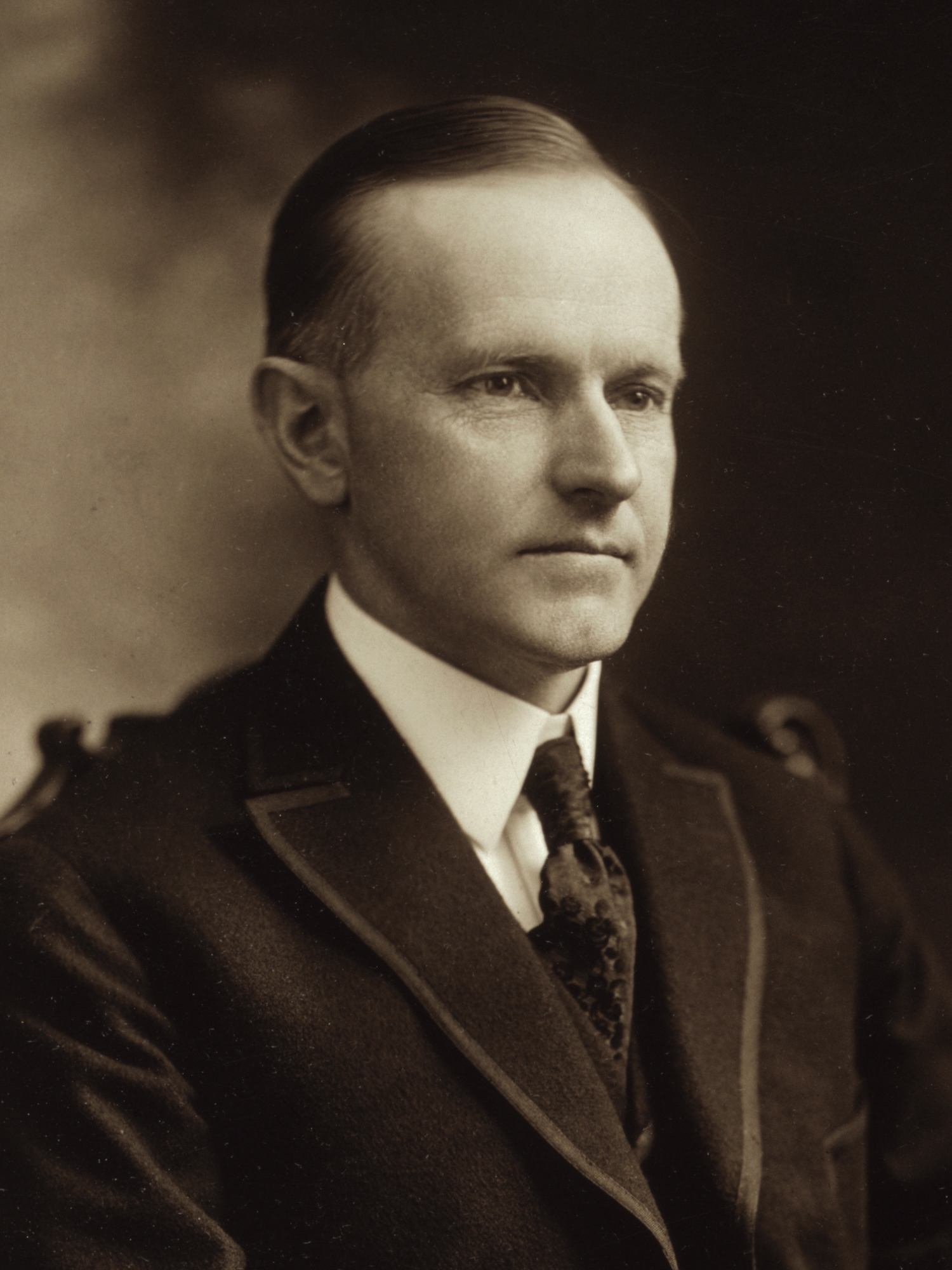1920s, Duty of Government (1920)
Calvin Coolidge Quotes
1920s, The Press Under a Free Government (1925)
1920s, The Progress of a People (1924)
1920s, Ordered Liberty and World Peace (1924)
1920s, Second State of the Union Address (1924)
1920s, Speech on the Anniversary of the Declaration of Independence (1926)
1920s, Second State of the Union Address (1924)
1920s, Second State of the Union Address (1924)
1920s, Speech on the Anniversary of the Declaration of Independence (1926)
1920s, Speech on the Anniversary of the Declaration of Independence (1926)
1920s, Law and Order (1920)
1920s, The Reign of Law (1925)
1920s, Authority and Religious Liberty (1924)
1920s, The Reign of Law (1925)
Here was the doctrine of equality, popular sovereignty, and the substance of the theory of inalienable rights clearly asserted by Wise at the opening of the eighteenth century, just as we have the principle of the consent of the governed stated by Hooker as early as 1638.
1920s, Speech on the Anniversary of the Declaration of Independence (1926)
1920s, The Press Under a Free Government (1925)
1920s, Speech on the Anniversary of the Declaration of Independence (1926)
1920s, Authority and Religious Liberty (1924)
1920s, Whose Country Is This? (1921)
1920s, The Progress of a People (1924)
1920s, Second State of the Union Address (1924)
“Coolidge: Sins.
Mrs. Coolidge: Well, what did he say about it?
Coolidge: He was against it.”
when asked by his wife what a preacher's sermon had been about
John H. McKee, Coolidge: Wit and Wisdom, 1933
Author Nigel Rees claims this is apocryphal:
The taciturn President became famous for monosyllabic replies. A story from the twenties has Mrs. Coolidge asking him the subject of a sermon he had heard. "Sin," he answered. When prompted to elaborate on the clergyman's theme, Coolidge is said to have replied: "He was against it." Coolidge remarked that this story would have been funnier if it had been true.
Nigel Rees, Sayings of the Century, page 67.
Misattributed
1920s, Ways to Peace (1926)
1920s, Freedom and its Obligations (1924)
1920s, Speech on the Anniversary of the Declaration of Independence (1926)
1920s, Authority and Religious Liberty (1924)
1920s, Ordered Liberty and World Peace (1924)
1920s, Whose Country Is This? (1921)
1920s, Second State of the Union Address (1924)
1920s, Law and Order (1920)
1920s, Speech on the Anniversary of the Declaration of Independence (1926)
1920s, Ways to Peace (1926)
1920s, Speech on the Anniversary of the Declaration of Independence (1926)
1920s, The Reign of Law (1925)
As his enemies dared riot meet the challenge, he was acquitted.
1920s, Ordered Liberty and World Peace (1924)
1920s, Freedom and its Obligations (1924)
1920s, Law and Order (1920)
1920s, The Reign of Law (1925)
1920s, Ways to Peace (1926)
1920s, Second State of the Union Address (1924)
1920s, Ordered Liberty and World Peace (1924)
1920s, Ways to Peace (1926)
1920s, The Press Under a Free Government (1925)
As quoted in Manuscripts: speeches and messages of Calvin Coolidge, 1895–1924, the Massachusetts State Library, George Fingold Library, Boston.
1920s, Speech to the the Republican Commercial Travelers' Club (1920)
1920s, Authority and Religious Liberty (1924)
1920s, Ways to Peace (1926)
1920s, Freedom and its Obligations (1924)
1920s, Ways to Peace (1926)
1920s, Speech on the Anniversary of the Declaration of Independence (1926)
1920s, Toleration and Liberalism (1925)
